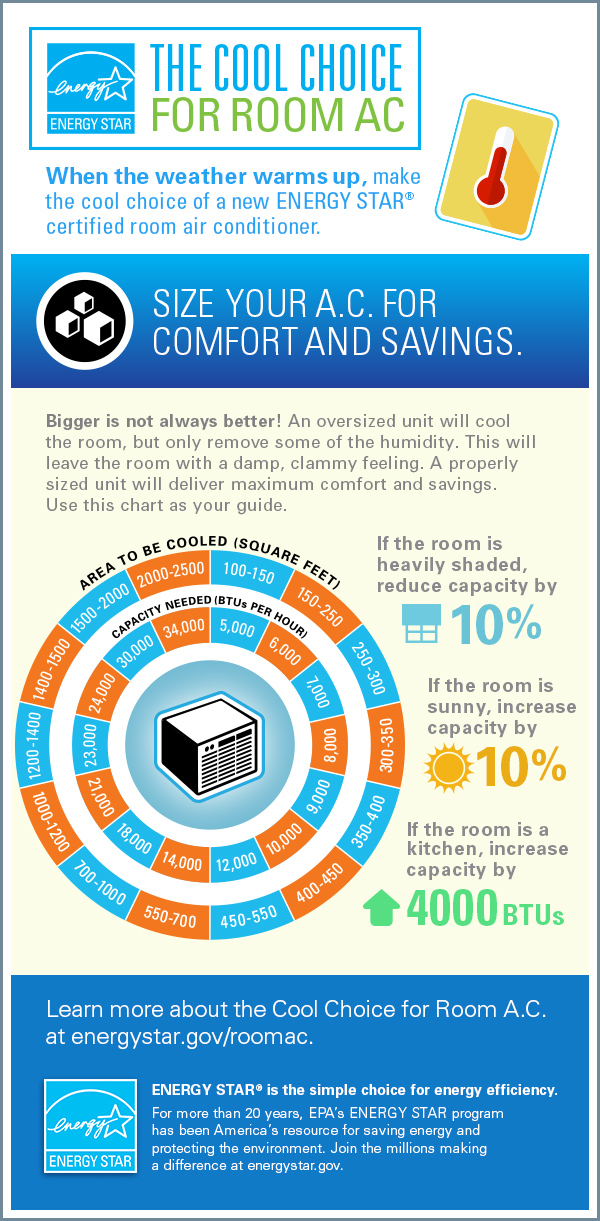The Future Of Home Heating - Exactly How Heat Pump Modern Technology Is Developing
The Future Of Home Heating - Exactly How Heat Pump Modern Technology Is Developing
Blog Article
Created By-Marshall Roy
Heat pumps will certainly be an important innovation for decarbonising home heating. In a scenario regular with federal governments' announced power and climate commitments, their global ability increases by 2030, while their share in home heating rises to one-quarter.
They work best in well-insulated homes and rely on electrical energy, which can be provided from a renewable power grid. Technological breakthroughs are making them much more reliable, smarter and less costly.
Fuel Cells
Heat pumps utilize a compressor, cooling agent, coils and followers to relocate the air and warmth in homes and appliances. They can be powered by solar power or electrical energy from the grid. They have actually been gaining appeal as a result of their affordable, quiet operation and the ability to produce electrical power throughout peak power need.
Some companies, like IdaTech and BG MicroGen, are working on gas cells for home heating. how to clean a heat pump nz can change a gas central heating boiler and generate some of a home's electric needs with a link to the electricity grid for the remainder.
Yet there are reasons to be hesitant of using hydrogen for home heating, Rosenow states. It would certainly be costly and inefficient compared to other innovations, and it would contribute to carbon exhausts.
Smart and Connected Technologies
Smart home innovation permits house owners to link and manage their devices remotely with the use of mobile phone apps. For example, smart thermostats can learn your home heating choices and immediately get used to maximize power consumption. Smart lights systems can be regulated with voice commands and automatically turn off lights when you leave the space, decreasing power waste. And wise plugs can keep track of and handle your electric usage, permitting you to identify and restrict energy-hungry home appliances.
The tech-savvy house depicted in Carina's interview is a good picture of just how occupants reconfigure room heating practices in the light of new wise home technologies. They depend on the devices' automatic features to carry out daily modifications and regard them as a practical methods of conducting their home heating techniques. Thus, they see no factor to adjust their techniques better in order to enable versatility in their home power demand, and treatments focusing on doing so might encounter resistance from these homes.
Electrical power
Because warming homes accounts for 13% people discharges, a button to cleaner options can make a large difference. Yet the technology encounters difficulties: It's costly and requires substantial home improvements. And it's not constantly suitable with renewable resource sources, such as solar and wind.
https://cost-of-small-hvac-system98530.mybuzzblog.com/8888795/disproving-usual-misconceptions-and-misunderstandings-concerning-warm-pumps , electrical heat pumps were too costly to take on gas designs in a lot of markets. Yet brand-new advancements in style and materials are making them more cost effective. And far better chilly climate performance is allowing them to operate well also in subzero temperatures.
The following step in decarbonising home heating might be making use of heat networks, which attract heat from a central source, such as a nearby river or sea inlet, and distribute it to a network of homes or structures. That would certainly reduce carbon discharges and permit houses to benefit from renewable resource, such as environment-friendly electrical energy from a grid supplied by renewables. This option would certainly be less costly than switching over to hydrogen, a fossil fuel that calls for new infrastructure and would just lower CO2 emissions by 5 percent if paired with boosted home insulation.
Renewable Energy
As electrical energy rates go down, we're starting to see the exact same trend in home heating that has actually driven electrical automobiles into the mainstream-- yet at an also faster speed. The strong climate situation for electrifying homes has been pressed better by brand-new research.
christchurch ducted heat pumps account for a significant share of modern-day heat intake, yet have been provided minimal plan focus globally contrasted to various other end-use markets-- and even less attention than electricity has. Partially, this shows a mix of customer inertia, split incentives and, in many countries, subsidies for nonrenewable fuel sources.
New modern technologies could make the change less complicated. For example, heatpump can be made more energy effective by changing old R-22 cooling agents with brand-new ones that don't have the high GWPs of their precursors. Some specialists likewise picture area systems that draw warmth from a neighboring river or sea inlet, like a Norwegian fjord. The warm water can after that be utilized for heating and cooling in a community.